Eight million tonnes of plastic are generated each year, just in Europe for food and drink packaging. Only a fraction of it gets recycled, so companies in the Food & Beverage (F&B) sector must start rethinking the packaging materials used and how consumers handle food products.
Until the Second World War, plastics were limited to use only in the military as they were lightweight and robust. However, in the mid-’50s various industries found that by replacing materials such as glass, steel, wood and aluminium etc., they could save on cost since plastic had become relatively cheap to manufacture and transport. And so began the plastic revolution and the convenience it brought, which fundamentally changed how we live our lives.
Fast forward to today, and we are now looking for ways to reduce the amount of plastic we use since we now know that single-use plastics are a key issue in our current climate and biodiversity challenge. They pose a significant challenge, especially to the F&B sector, which needs to tackle to play its part in saving the planet.
It is known that a single plastic bottle will take up to 450 years to be completely degraded. But is it technologically feasible to move away from plastics, which have been used for almost seven decades now? Many initiatives are ongoing, and more and more countries are raising awareness about plastic pollution and the harm that wasted packaging materials do to the oceans. We have seen in the news that the UK government is trying to completely ban the use of plastic straws, cotton buds and plastic stirrers to protect the environment.
Recycle
A potentially viable solution that still needs improvement is the use of recyclable materials. As only 20% of the plastic produced get recycled, there is still a lot of opportunity for F&B companies to improve their processes to use waste plastic that would otherwise end up in the ocean. One example of this is Carlsberg undertaking research over the past few years to completely redesign their beer packaging by exploring prototypes that replace plastic films with a mixture of a revolutionary glue. This project aims to reduce the use of plastics by 76%. Innocent drinks has signed the Plastic Pact Initiative, along with other big food companies and retailers, including Tesco, and has pledged to make bottles made with 50% of recycled plastic and 15% of plant materials. This project requires a lot of resources and research, and extensive R&D is taking place to meet their goal by 2025.
Reuse
Another major stakeholder in the F&B market, Coca-Cola, has launched the “World Without Waste” programme, and one of its fundamental goals is the production of 100% recyclable packaging globally by 2025. Currently, the company is experimenting with plant-based materials and rethinking the whole bottle making process. A significant milestone for the project was in 2019 when Coca-Cola managed to produce the first bottle using 25% of recycled plastic, which the company retrieved from the Mediterranean Sea. By using innovative processes, the competent professionals succeeded in removing the impurities from the waste materials. However, as 75% is still depending on newly produced plastic, the R&D is ongoing.
Recycling plastic is widely known, and many countries are investing a lot to incentivise their people to become more conscientious when it comes to waste recycling. However, recycling comes with its own problems as it requires a tremendous amount of energy and resources in the process. Also, contamination from organic waste increases the complexity of recycling. Considering these challenges, many companies are trying to rethink food packaging and approach the problem in a fundamentally new way.
Reduce & Re-think
Many start-ups are trying to use food waste from sources that contain fibres and other compounds capable of providing compostable packaging. For example, W-Cycle, an Israeli food-tech start-up, uses sugarcane fibres, a by-product of sugar production. The company’s research has shown that the packaging is 100% compostable and can be heated or frozen. Similarly, Coimbra University in Portugal is exploring the potential of food waste to use peelings from potatoes and quinces, rich in starch and pectins, which provide structural polymers when carefully combined. The project aims to produce rigid films that can wrap products to extend their freshness with edible films that can be cooked alongside the vegetables. Ecovative, an American company, is one of the leading innovators in the packaging sector. It uses food waste and fungi that undergo special treatment to produce a 100% degradable replacement for polystyrene. The company is already using its innovative technology to supply sustainable packaging for several sectors, including F&B.
Likewise, other companies are constantly exploring alternative chemical compounds that can be easily absorbed and cause no harm to the environment. For instance, Mars is conducting research to develop a packaging material made with PHA (polyhydroxyalkanoate), an alternative, biodegradable solution to plastic.
It is worth noting that all these projects are still in their infancy and require extensive R&D to scale up these technologies and make them accessible to the market. The good news is that as countries around the world introduce restrictions on single-use plastics, more innovators will emerge aiming to save both the planet and the market. However, every nation worldwide needs to reward these efforts and incentivise more stakeholders to join the pledge and “turn the tide” on plastics waste.
Recycle R&D Investment
The UK’s generous R&D Tax Relief Scheme rewards companies that invest in R&D and innovation. Projects that F&B companies carry out to develop these new solutions qualify for the relief and provide an incentive for organisations of any size to invest in developing new packaging technologies.



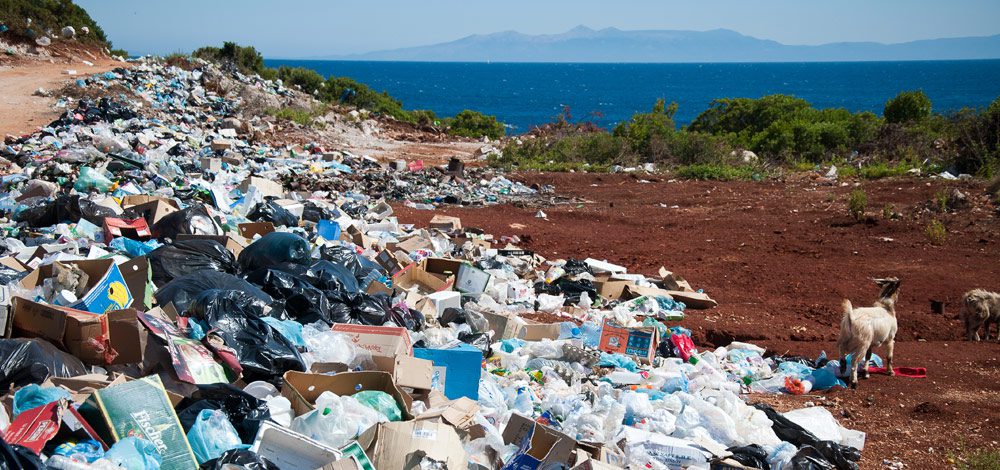
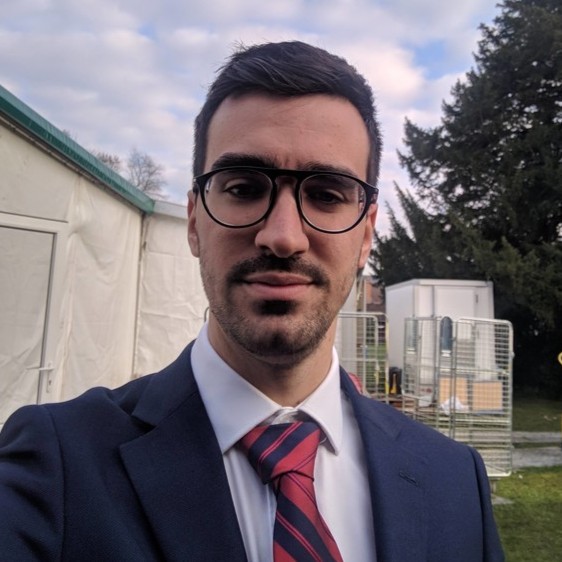
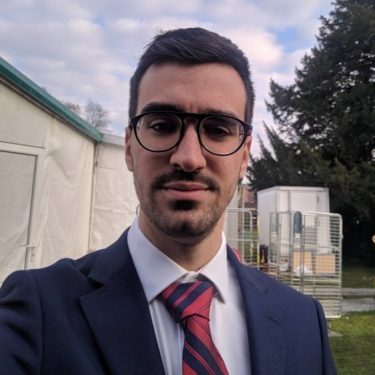
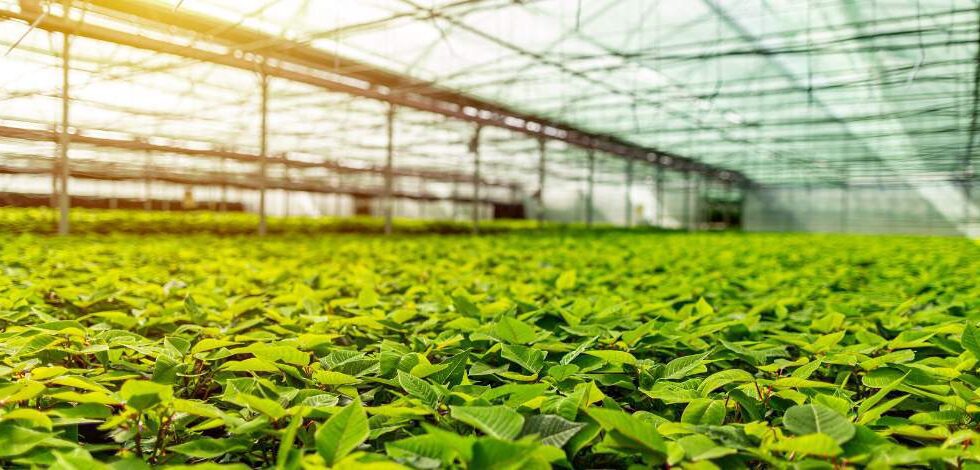
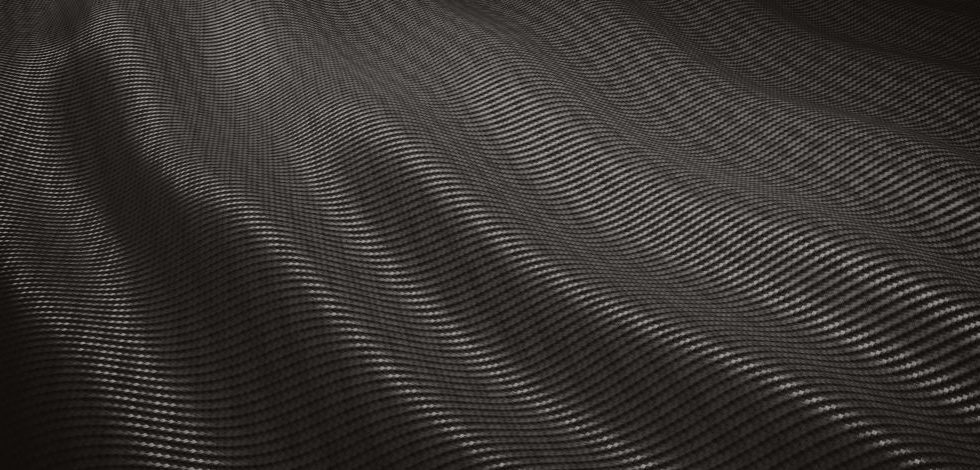
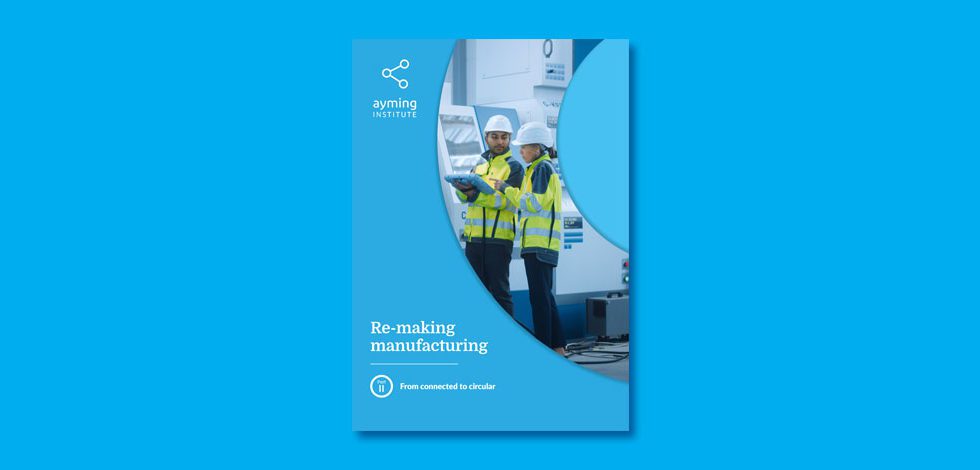
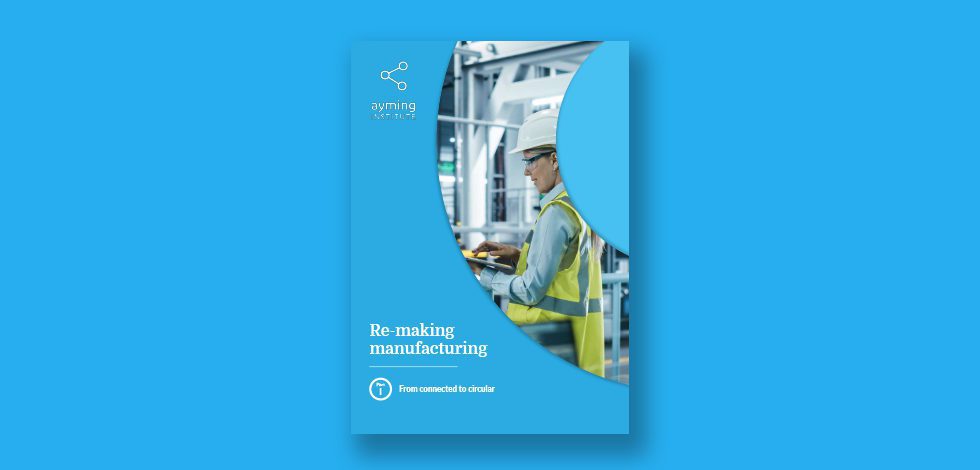
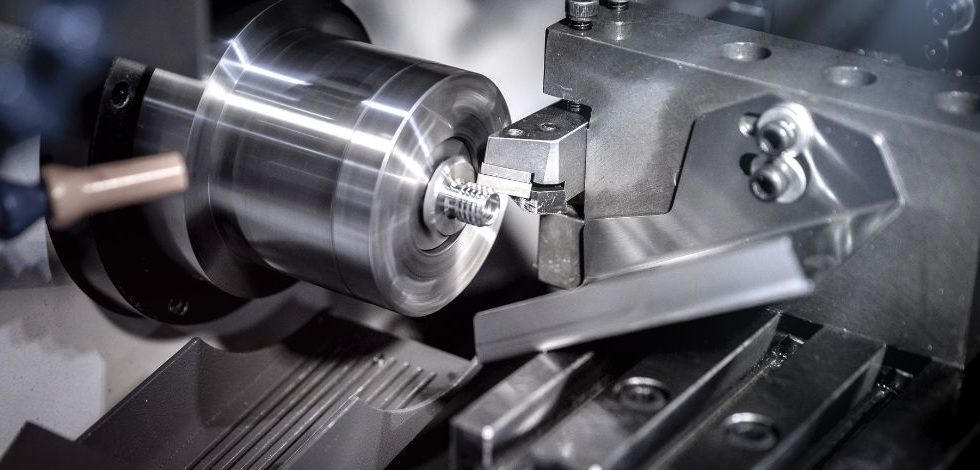
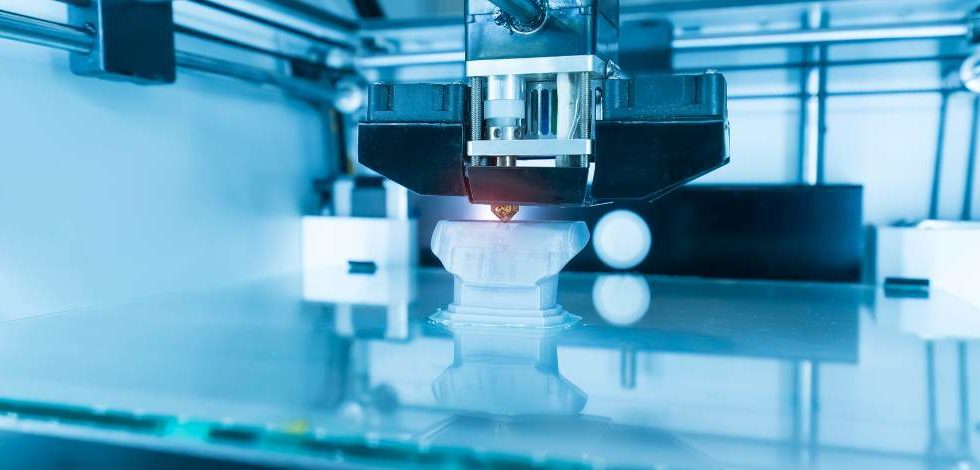
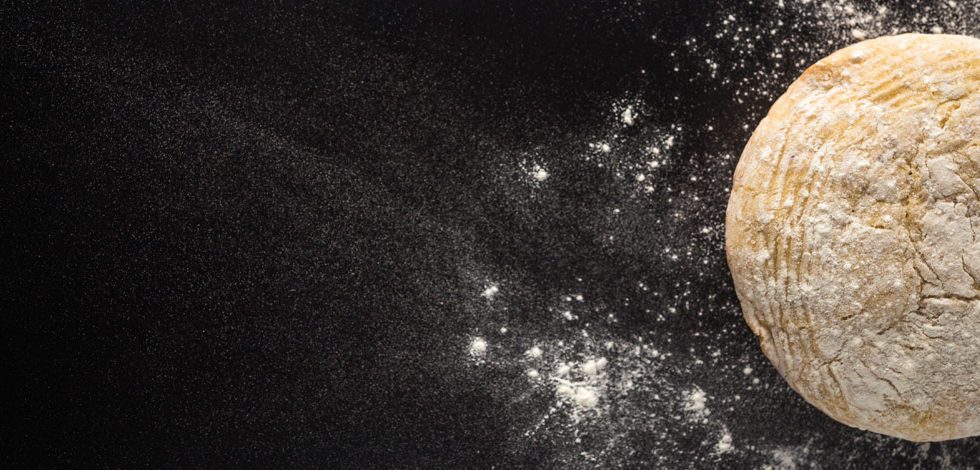
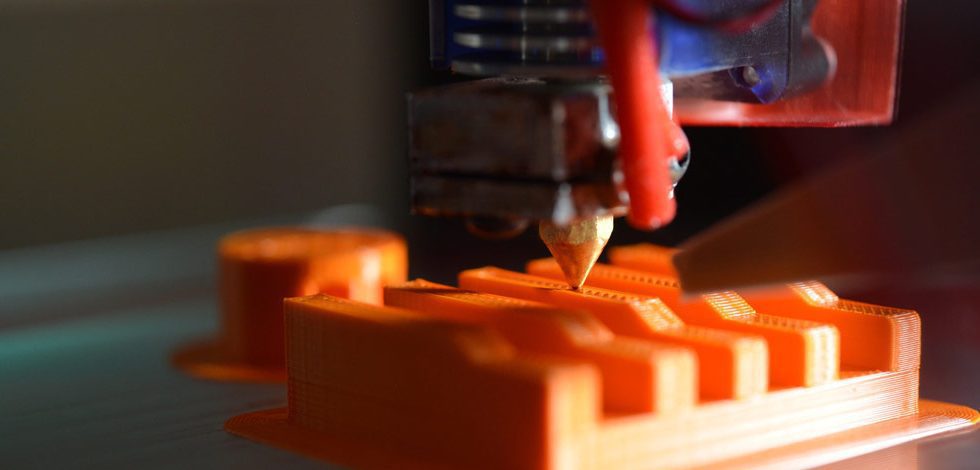
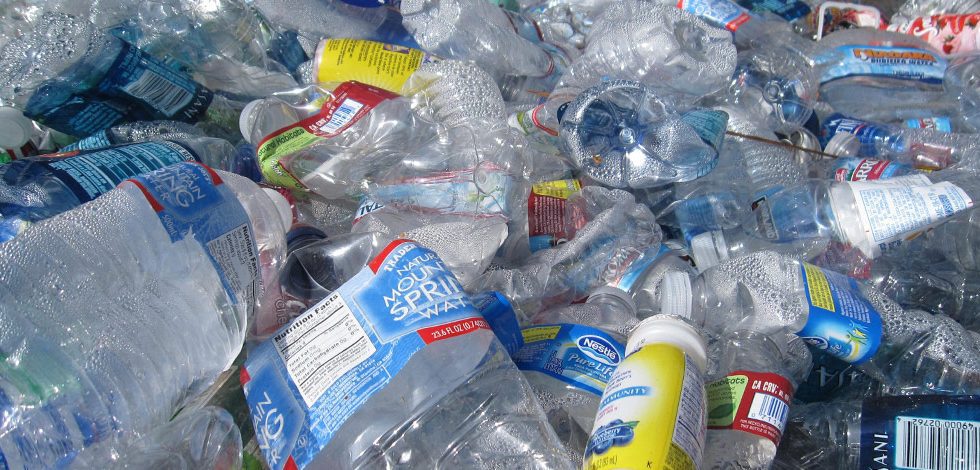
No Comments